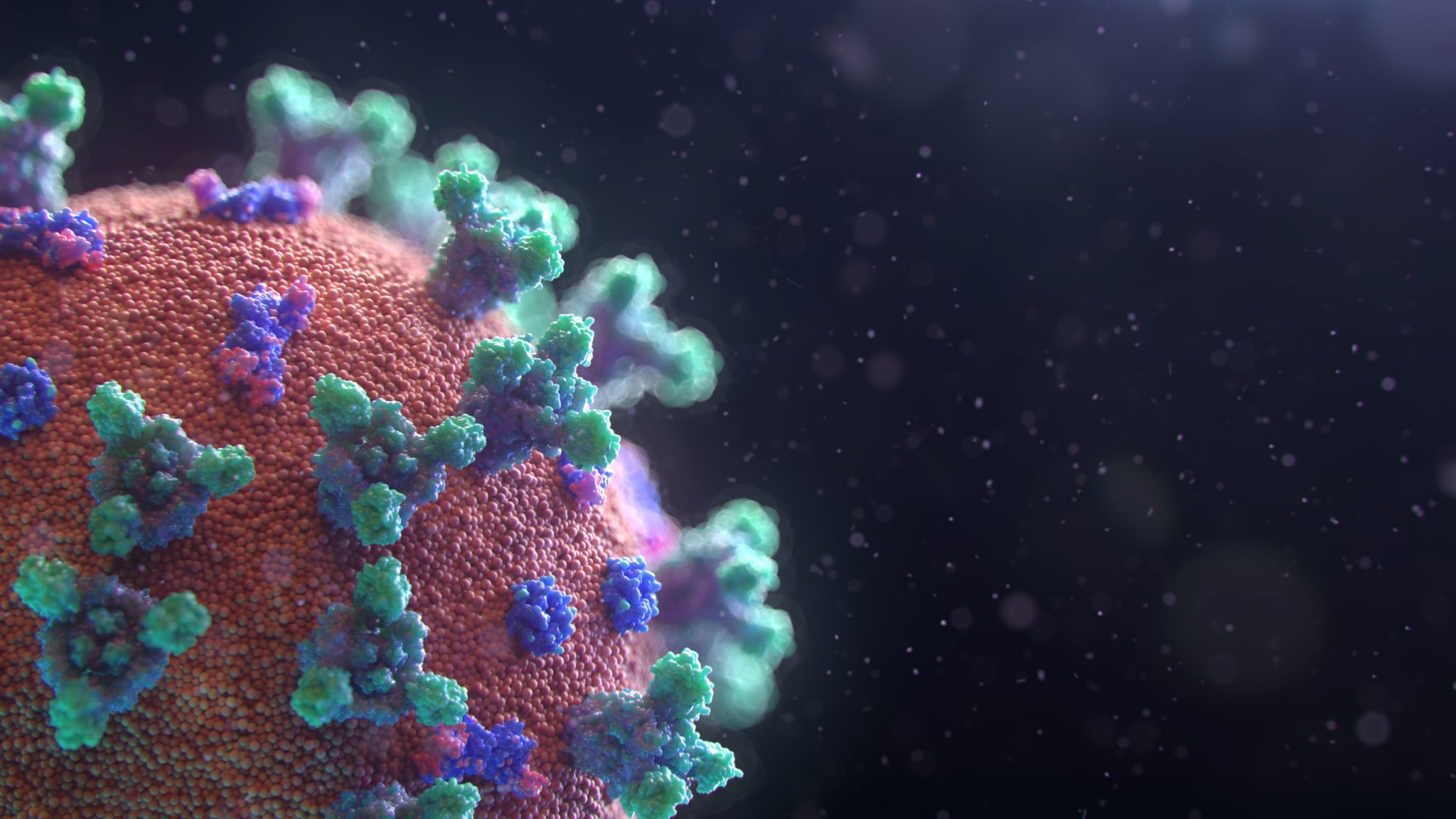COVID-19 Debate: Is It A Respiratory Or A Vascular Disease?

Because COVID-19 is associated primarily with the lungs and the respiratory system overall, it is commonly considered of as a respiratory disease. Many of the most typical symptoms of infection include shortness of breath as well as coughing. This is not a surprise to anyone, as COVID-19 is usually viewed as a respiratory disease.
On the other hand, it is important to be aware that this virus has the potential to affect the body as a whole and to result in a substantial number of consequences. Having said that, vascular system conditions, namely strokes, are among the most prevalent reasons why people find themselves in need of medical attention.
Therefore, does this indicate that COVID may instead be classified as a condition affecting the cardiovascular system?
In spite of the fact that there is still a great deal about this virus that is unknown at the present moment, it would seem that vascular systems are not really directly generated by COVID but rather by inflammation. In other words, despite the fact that COVID-19 is, at its heart, a respiratory illness, it is nevertheless capable of substantially affecting the vascular system.
What do experts say?
This conclusion is based on the findings of previous studies that were conducted in 2020 and 2021, which suggested that despite the fact that people with a mild infection only encountered respiratory issues, COVID-19 had been in fact a vascular disease at its core, the primary focus of the disease being on the respiratory system.
This notion, on the other hand, has been largely debunked by a variety of research that was published both in the previous year and early this year. These investigations established that the virus itself does not damage the vascular system in any way.
Instead, scientists came to the conclusion that strokes and other vascular issues occur as a result of infected respiratory cells producing high inflammation in other regions of the body while the immune system is attempting to destroy them as they move through the body. To put it another way, the immune system may have an exaggerated response to infectious cells, or clots may develop in the bloodstream if the blood arteries are already compromised.
All of this information should be known in order to decide the most appropriate course of therapy for those patients who are currently hospitalized due to COVID problems. Individuals who have survived COVID have only been followed for a maximum of one or two years at this point in time, which means that the information we now have on how everything works may be subject to change in the future.
0 comments